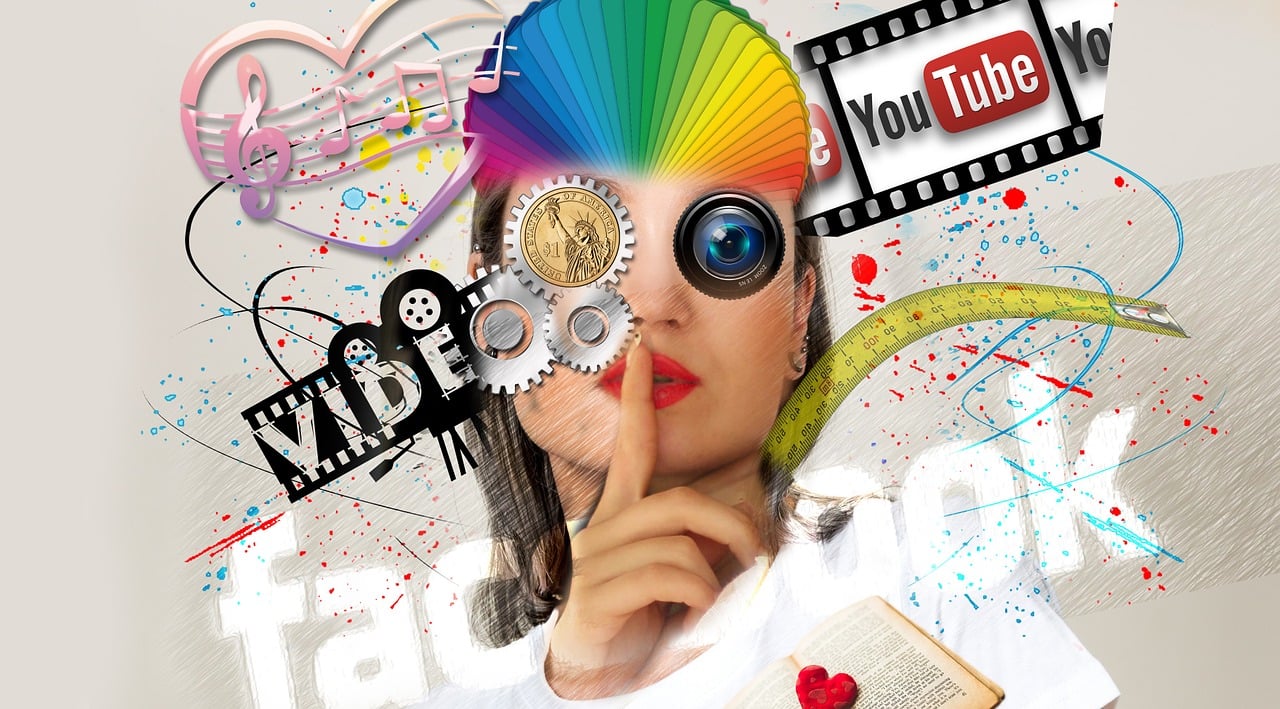1. Exclusive: People are naturally drawn to products or experiences that are exclusive or limited. Using the word “exclusive” triggers a sense of exclusivity and scarcity, making buyers feel like they are part of something special or getting a unique opportunity.
Example: “Get access to our exclusive limited edition product.”
2. Free: The word “free” is a powerful trigger for buyers’ emotions. Everyone loves getting something for free, and it creates a sense of excitement and urgency to take advantage of the offer.
Example: “Buy one, get one free! Limited time offer.”
3. New: The word “new” appeals to the desire for novelty and innovation. It evokes a feeling of curiosity and excitement in buyers, making them more likely to explore and purchase the latest products or services.
Example: “Introducing our new and improved version!”
4. Guaranteed: The word “guaranteed” instills a sense of trust and reassurance in buyers. It implies that the product or service will meet their expectations and provides a safety net, reducing any perceived risks associated with the purchase.
Example: “Try our product risk-free with our 100% satisfaction guarantee.”
5. Save: Saving money is a powerful motivator for buyers. Using the word “save” triggers a sense of financial benefit and value, encouraging buyers to take action and make a purchase.
Example: “Save 50% off on our summer sale. Don’t miss out!”
6. Instant: In today’s fast-paced world, people appreciate instant gratification. Using the word “instant” taps into this desire, suggesting that the product or service will deliver immediate results or benefits.
Example: “Get instant access to our online course and start learning today.”
7. Irresistible: This word creates a strong emotional response and implies that the offer is simply too good to resist. It plays on the fear of missing out and creates a sense of urgency to make a purchase.
Example: “Don’t miss out on the irresistible deal of the year!”
When using these magic words, it’s essential to align them with your product or service and ensure they are used ethically and honestly to provide value to buyers. Understanding the psychological triggers behind these words can help marketers effectively communicate their offerings and drive desired actions from potential buyers.




